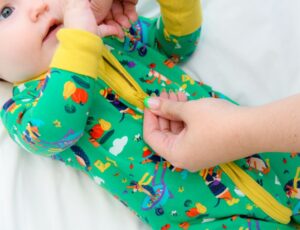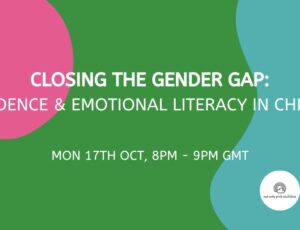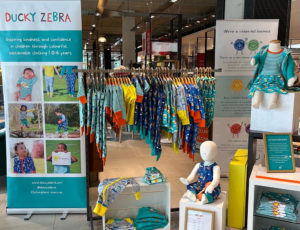What’s a pink unicorn top got to do with International Women’s Day?
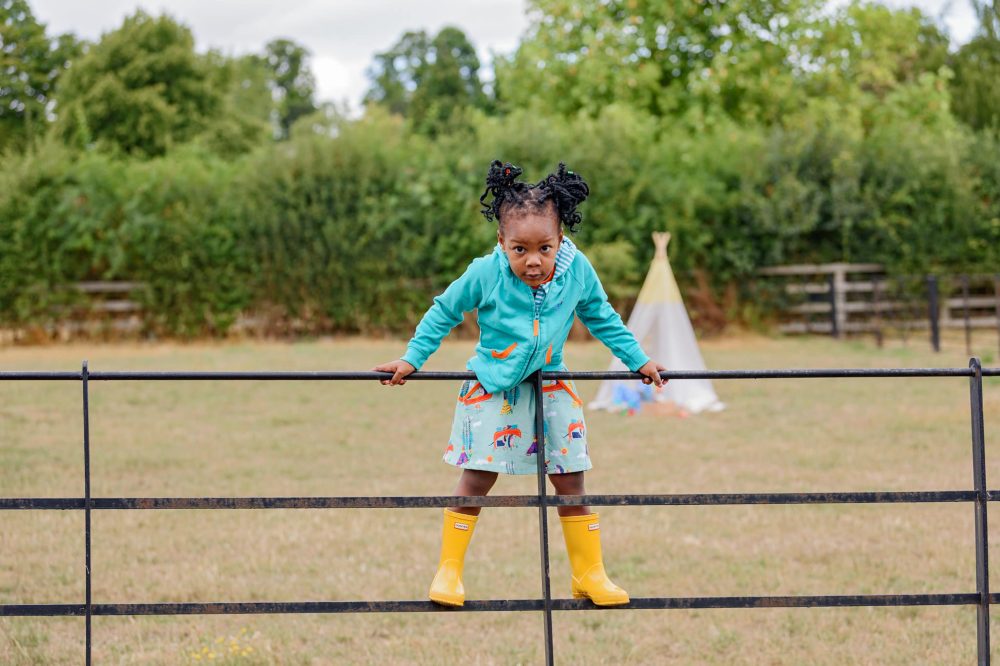
What’s a pink unicorn top got to do with International Women’s Day? It’s just a T-shirt. Or is it? Clare Willetts from Not Only Pink and Blue and Sally Dear from Ducky Zebra share why they are using this year’s theme of #EmbraceEquity to highlight their mission to challenge gender stereotypes from birth.
When we think about gender stereotypes, we often think about colours and sports. Pink versus blue, football versus ballet. But there is so much more to it than this. Just step into the children’s section of a clothes shop and you’ll soon see the divide in messaging. ‘Smile’ and ‘joy’ on one side and ‘be the future’ and ‘in it to win it’ on the other. Even this is just skimming the surface.
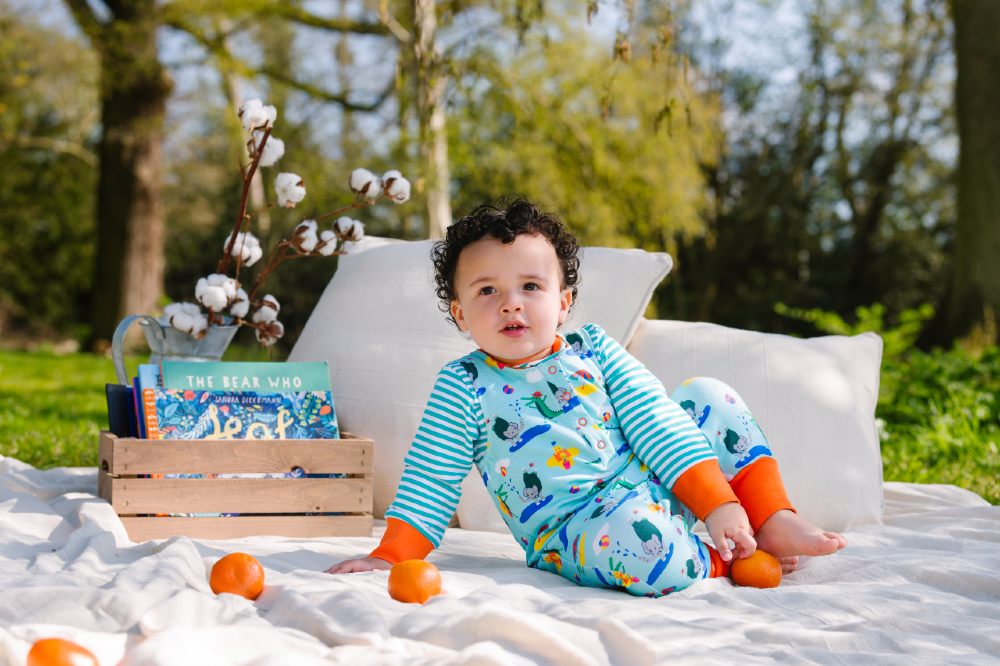
Ducky Zebra
Sally Dear, founder of Ducky Zebra says, “When I was buying clothes for my children, all I could find were pinks, pastels and cute pretty images for girls. And blues, greys and aggressive, teeth-baring predators for boys. For one-half of the population, there’s a focus on looks, beauty and kindness. And for the other half, there’s a focus on dominance, action and confidence.

Sally Dear, founder of Ducky Zebra
“The difference in size, fit, typeface and messaging is so subtle we don’t always spot it. Have you ever noticed, for instance, that clothes intended for girls often have unrealistic or make-believe characters: fairies, unicorns and cute-looking animals with long eyelashes, while boys have fact-filled tops with a realistic depiction? Not only do they give different messages, but they also spark a very different type of conversation between the child and an adult.”
With her background in marketing, Dear decided to do something about this issue. She created Ducky Zebra to offer an alternative option: sustainable, colourful kids’ clothes that are free from harmful gender stereotypes.
Clare Willetts, CEO of Not Only Pink and Blue, agrees. “As soon as we look at the messaging on clothes and the segregation of toys, we start to see how gender stereotypes are contributing to gaps in skills. Toy play is a way that children develop skills, so if they are not playing with a certain toy then they won’t develop those skills. Playing with a doll, for instance, encourages care and empathy, while Lego and building blocks help to develop curiosity and spatial awareness.”

Clare Willetts, CEO of Not Only Pink and Blue
It’s why Willetts set up Not Only Pink and Blue, working with businesses, parents and schools to challenge gender stereotypes from birth, as well as helping people shop without stereotypes with their directory of businesses for children’s products.
The need to challenge gender stereotypes is evident in recent research findings. Lego found that parents are four times more likely to encourage boys to play sports. Starling Bank research also revealed that there is a gender pocket money gap, with girls earning 20% less pocket money than boys.
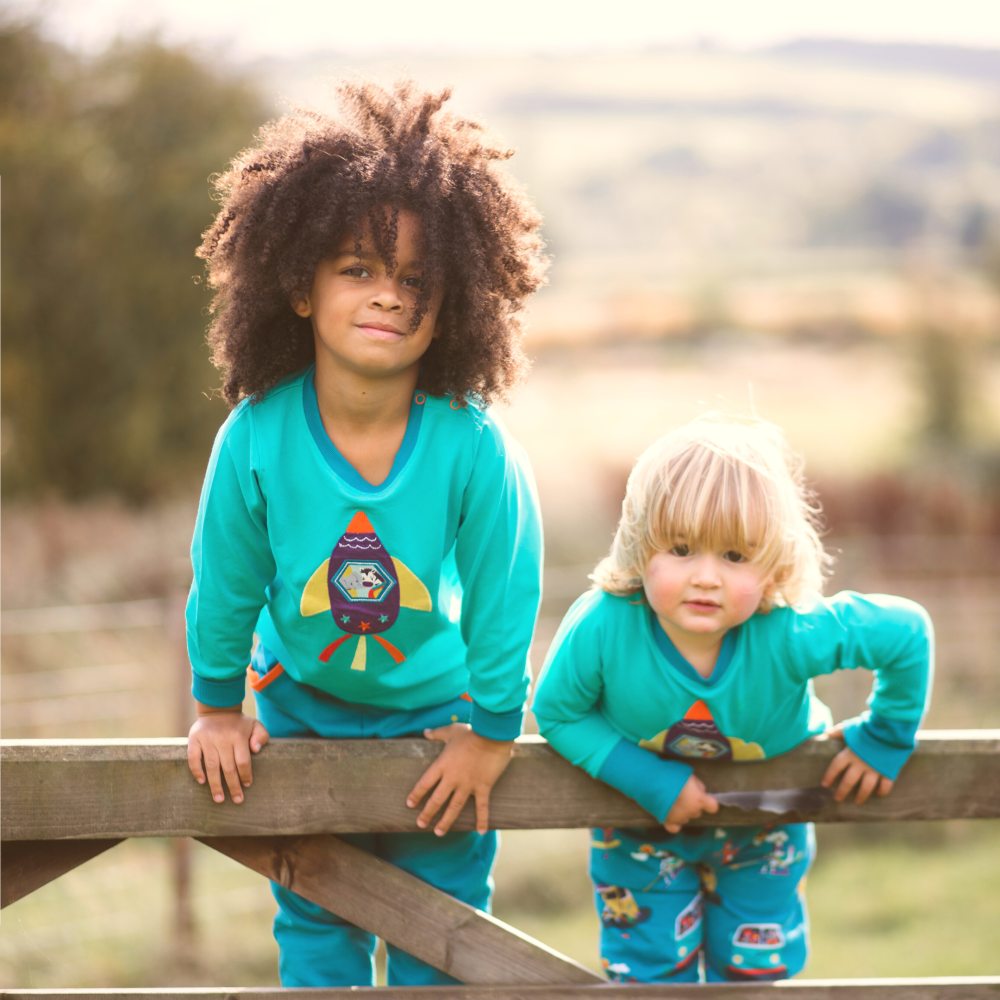
Ducky Zebra
These findings show that there is still a long way to go in breaking down gender stereotypes. Both Dear and Willetts believe that to challenge gender stereotypes, it is necessary to start from birth. By changing buying behaviour and promoting equality, they are setting an example for others to follow in creating a more inclusive and diverse world.
On International Women’s Day 2023 (8 March), Dear and Willetts are using the #EmbraceEquity theme to highlight their mission to challenge gender stereotypes from birth. They hope to inspire others to join in their efforts and create a world where everyone is treated equally, regardless of gender.
For more information, please contact: hello@notonlypinkandblue.com and hello@duckyzebra.com.






